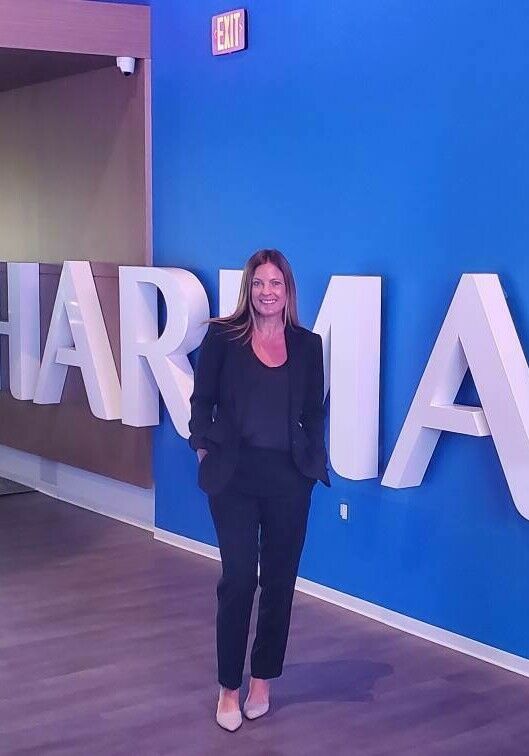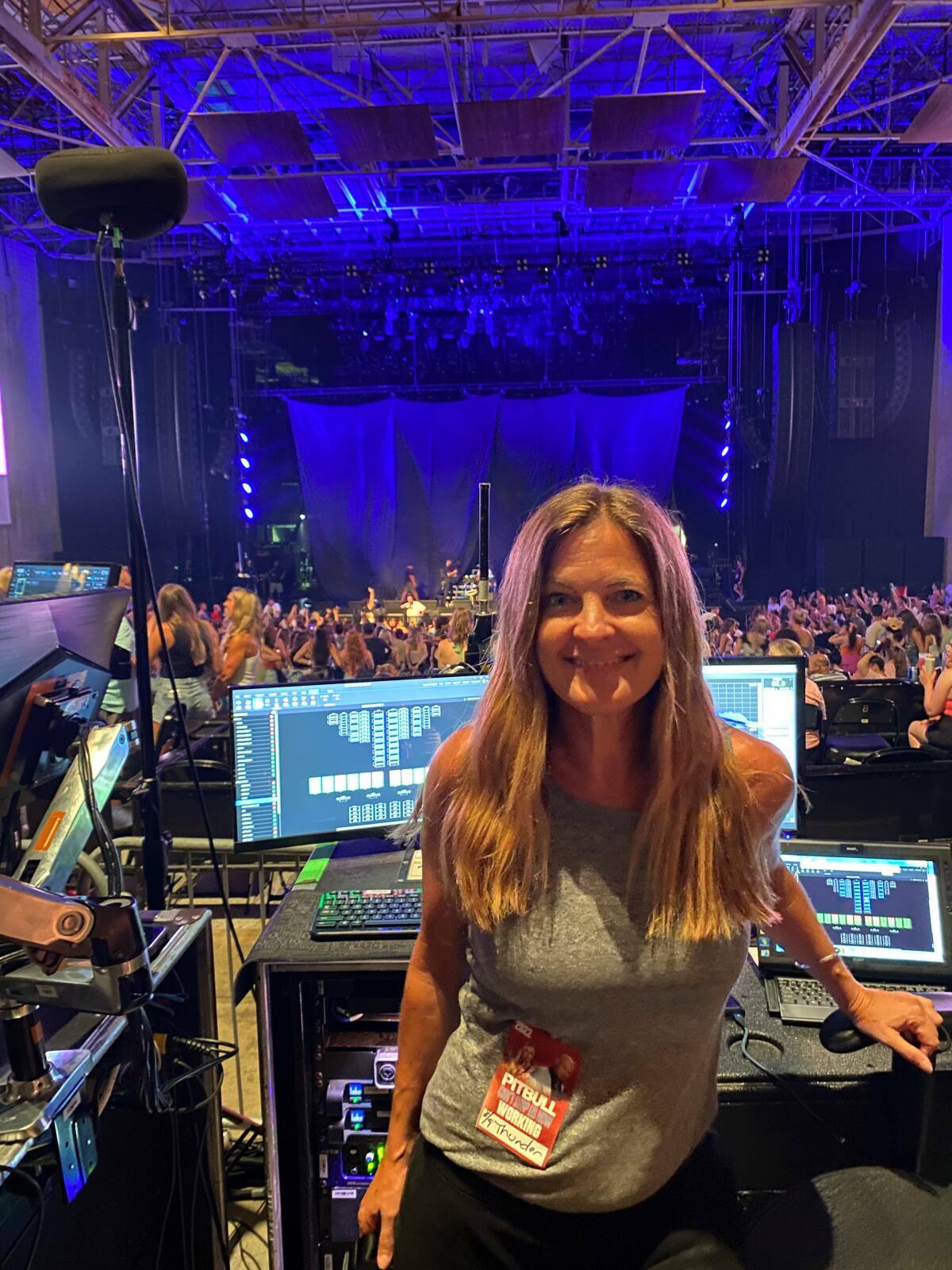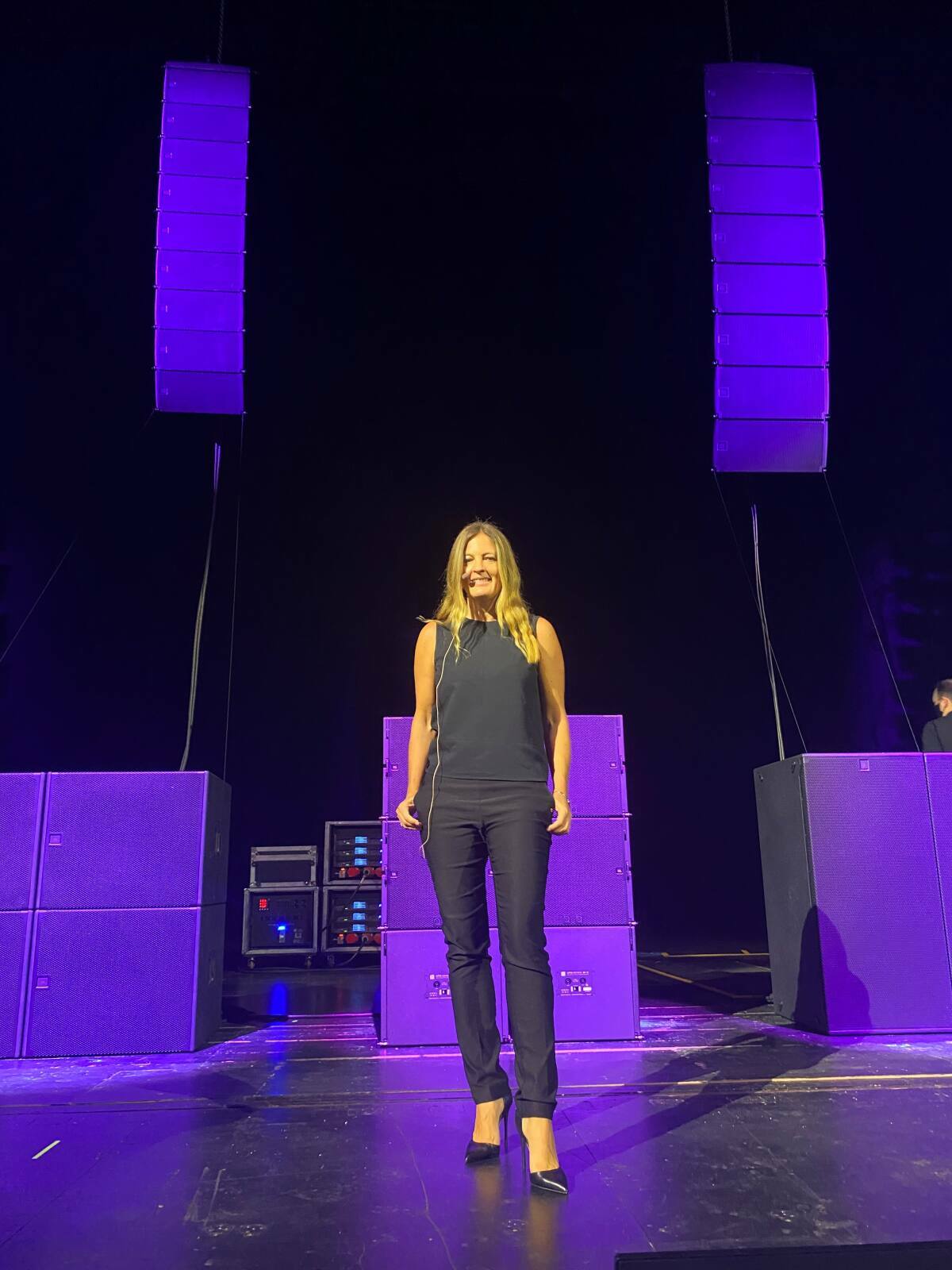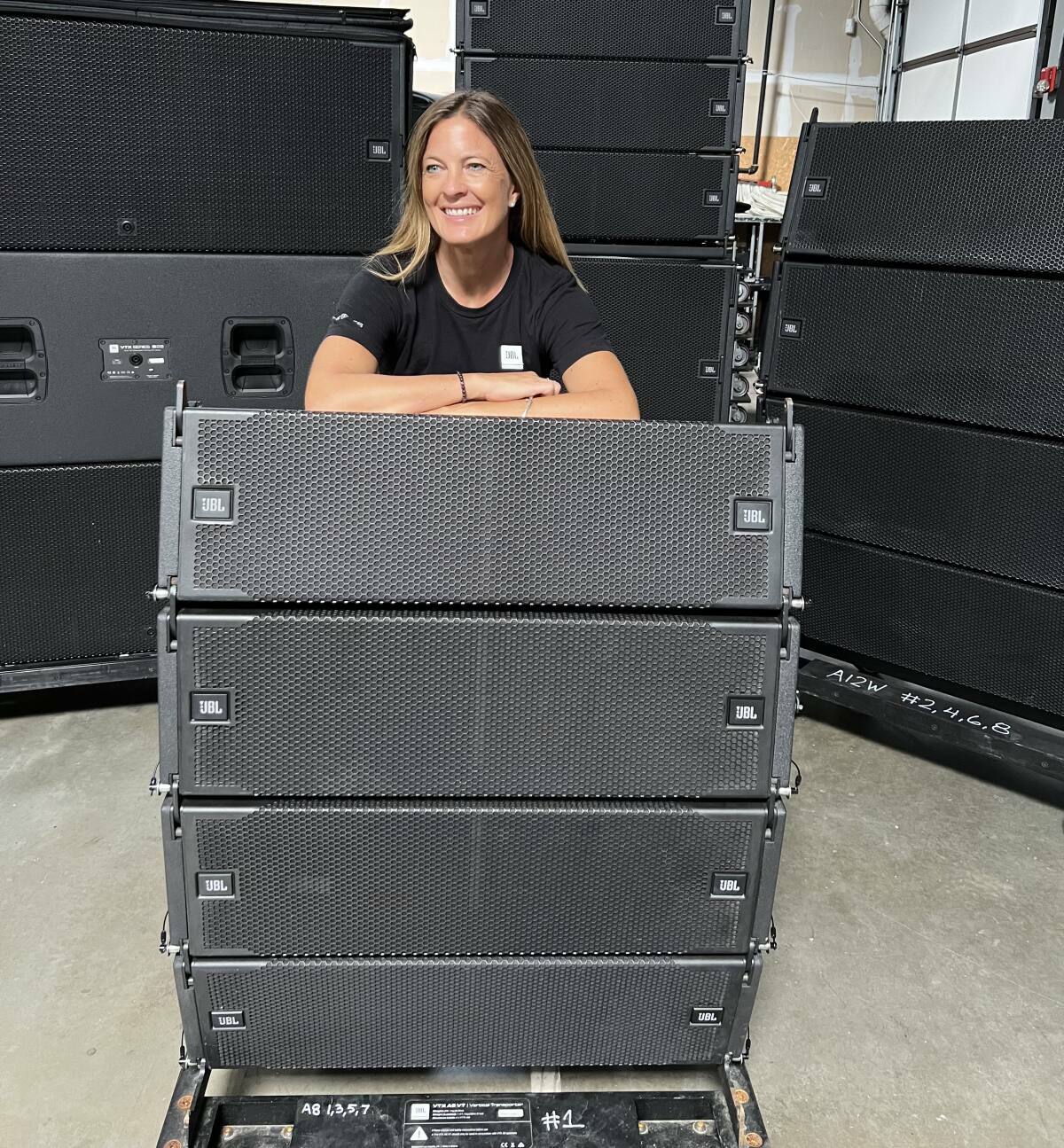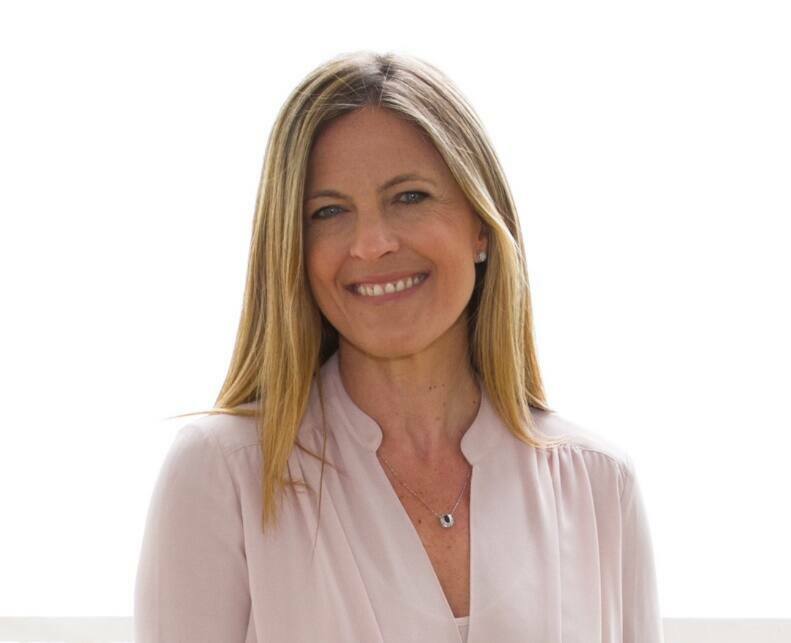Daniella Peters, Director, North America Tour and Rental Sales at Harman Professional Solutions gives an insight into her role, which saw her transition from a live sound, rock and roll background into a corporate position. She explains how chance meetings have led her to where she is today, why one should never underestimate the value of relationships, how immersive for live sound concerts is gaining traction, why the SRX900 was an unexpected success in the touring sector, and why if there’s a problem, you should always have a solution at the ready.
You say your career has been a series of chance meetings. Tell us about how you got your start in live sound…
I feel that I ended up here due to chance meetings. For my very first job outside of university, I was applying to work at L'Oreal, the cosmetics company. I met a girl in a nightclub whose father owned a cosmetics company and she said, ‘We're hiring too! Would you interview for us?’ I went to that interview in London, got the job and started the day after I finished university.
Half of the reason I took it was because they had an office in Los Angeles, and ever since I was a little girl I just loved travel and languages. Fast forward, I was with that cosmetics company in Germany for a conference and we were all sitting in the hotel restaurant and on the next table was Dave Rat [founder of Rat Sound], who was there with the Chili Peppers. We started talking, exchanged numbers, and became friends. When I ended up in L.A with the cosmetics company, I called Dave and asked, ‘Do you know anybody selling a car?’
He introduced me to his shop manager Jon, who sold me his truck. After only one day the truck broke down, but Jon ended up fixing it and from that moment on we also became friends along with Karrie Keyes [founder of Soundgirls and monitor engineer for Pearl Jam]. From there, I started doing errands for Rat on weekends. I did everything from delivering amplifiers in my truck to helping production assist at weekend festivals such as Coachella (which was only in its second year at the time).
One day I delivered some amplifiers to HHB, which was a British pro audio brand. They were looking for an office manager and I desperately wanted to work in music so I said yes to that and ended up working at HHB and then eventually at Rat Sound eventually creating and heading their sales and installation division. That was how I got my start in the industry.
